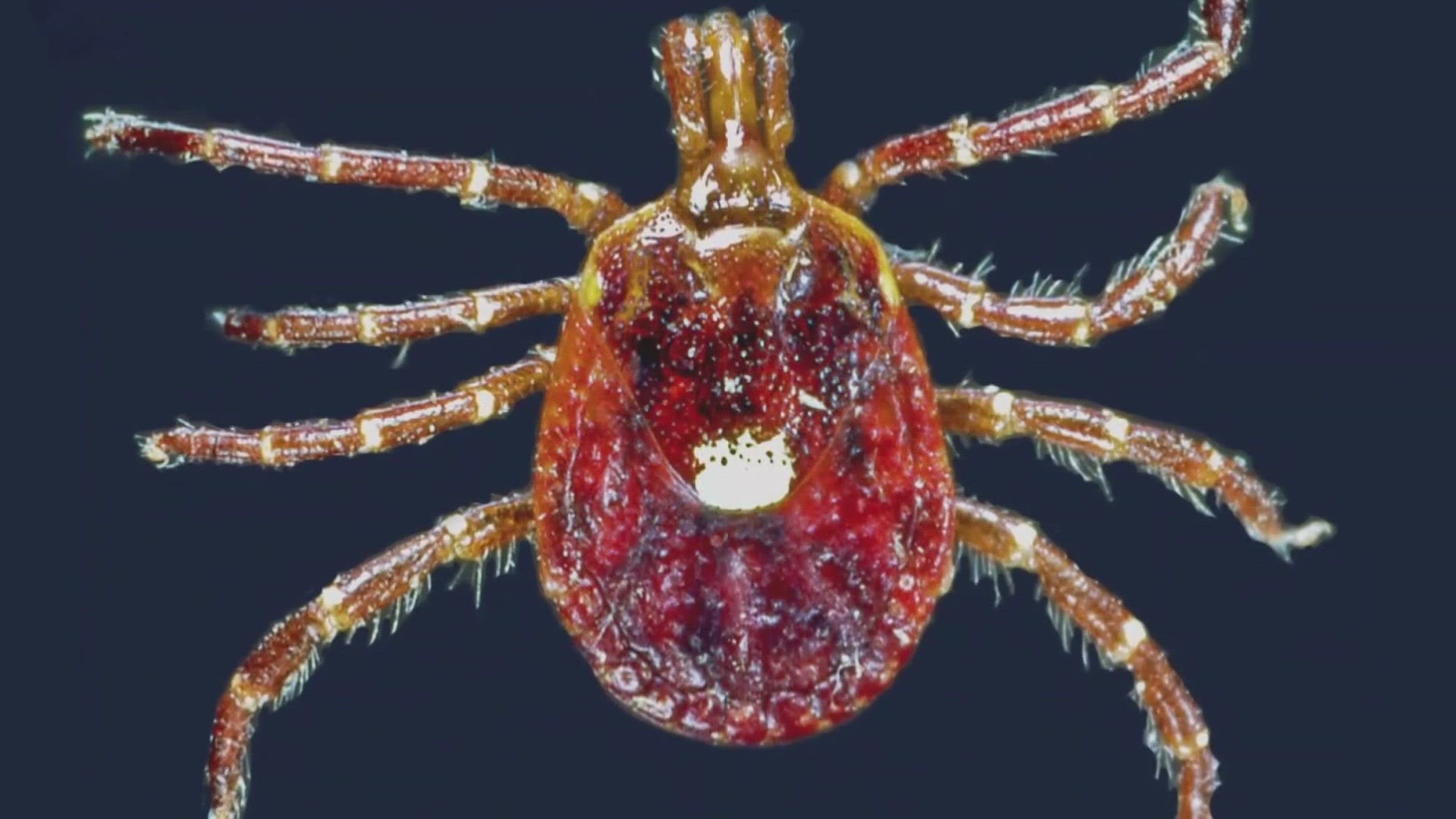NEW JERSEY, USA — With the start of summer, more time outdoors can mean a higher danger of tick bites — including the risk of a tick-borne illness that is linked to an allergy to red meat.
For Craig Smith of Cream Ridge, New Jersey, an onset of severe symptoms led him to see multiple doctors until a blood test finally gave him the answer — an allergic reaction called alpha-gal syndrome.
"The allergist said you have to come back in a year and get tested again and just avoid animal products," Smith told CBS News, who has since had to limit outdoor activities he loves like chopping wood and gardening.
"In some cases (the condition) could be (permanent)," Dr. Tara Narula previously told "CBS This Morning." "But in most cases we think it will dissipate over time, usually within a couple years. But if you get tick bites again, it's going to make the condition take longer to go away."
What is alpha-gal syndrome?
The Centers for Disease Control and Prevention defines alpha-gal syndrome as a "serious, potentially life-threatening allergic reaction" that occurs after someone eats red meat or is exposed to other products containing alpha-gal, a sugar molecule found in most mammals.
"Growing evidence suggests that this reaction may be triggered by the bite of lone star ticks in the United States, but other kinds of ticks have not been ruled out," the CDC's website says. "Alpha-gal can be found in meat (for example, pork, beef, rabbit, lamb, venison) and products made from mammals (including gelatin, cow's milk, and milk products)."
Researchers at the UNC School of Medicine report alpha-gal has risen from 24 cases since its discovery in 2009 to around 40,000 by 2022.
Lone star ticks can be found throughout the southeastern and eastern United States, the CDC says.
What are alpha-gal syndrome symptoms?
Smith said because he lives in a wooded area, he was used to tick bites, but knew something was different when he started experiencing skin and gastrointestinal issues.
"I'm so used to picking them off me. I've been living here for 40 years," he said, but this time he said he would wake up in the middle of the night with his body "covered with hives."
In addition to hives and GI issues like indigestion and diarrhea, the CDC says other reactions include:
- itchy rash
- nausea or vomiting
- heartburn
- cough, shortness of breath or difficulty breathing
- drop in blood pressure
- swelling of the lips, throat, tongue or eye lids
- dizziness or faintness
- severe stomach pain
How can you protect yourself?
Dr. Tamar Weinberger, an allergist with Hackensack University Medical Center, says researchers are working on a potential desensitization to the allergy, but currently, "the only treatment is avoidance of the trigger foods."
This is why the CDC says preventing tick bites is an important step in protecting yourself against tick-borne disease.
Before going outside, the CDC suggests avoiding grassy, brushy and wooded areas as well as using EPA-registered insect repellent. Once back inside, perform a thorough tick check and remove any attached ticks immediately.

